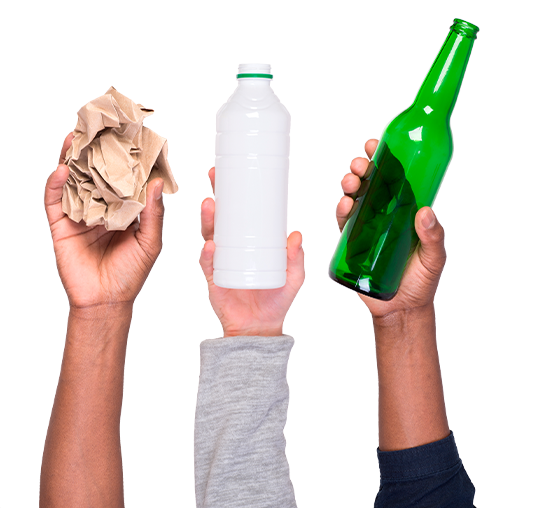CEMPRE gathers and makes available recycling rates for recyclable materials in Brazil, being a reference for public policies and for society in general.
Plastic
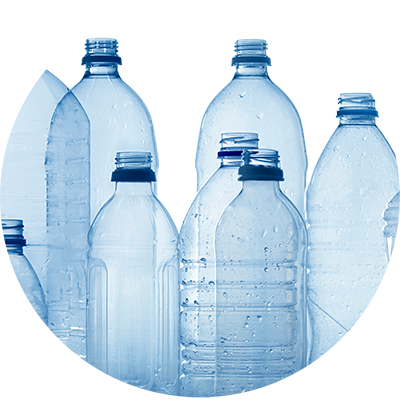
23,1%
of all plastic produced in Brazil in 2020 was recycled.
The volume of post-consumer plastic resin produced in the country in 2020 was approximately 884 thousand tons.
Source: www.picplast.org.br
Steel Cans
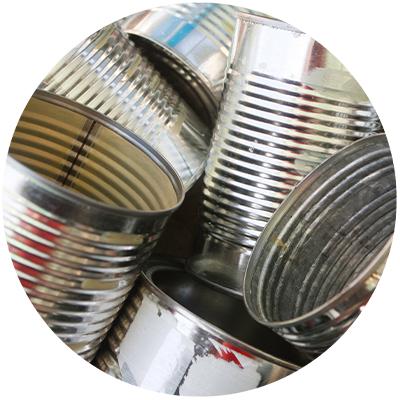
47,1%
of steel cans consumed in Brazil were recycled in 2019.
About 200 thousand tons of post-consumer steel cans are returned to the recycling process and more than 9 million tons of post-consumer steel are transformed into new steel.
Source:
http://www.abeaco.com.br/
https://www.prolata.com.br/
Aluminum
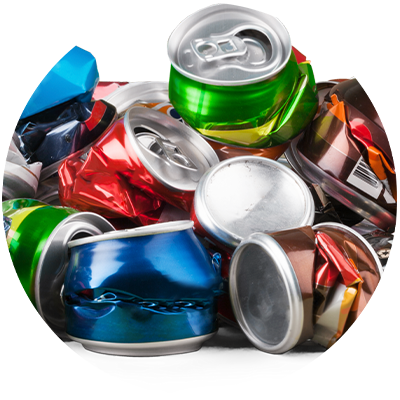
98,7%
of aluminum cans were recycled in 2021.
In 2021, practically all cans that were placed on the market returned to the production cycle: around 33 billion cans.
Of the 415 thousand tons of cans sold in the period, 409 thousand tons were recycled.
Brazil is the country that contributes the most to aluminum recycling.
Source:
www.reciclalatas.com.br
Carton Packages

42,7%
was the percentage of carton packages recycled in Brazil in 2020.
Carton is a renewable material made from wood.
The packages are fully recyclable and contain up to 80% of materials from renewable sources.
Paper
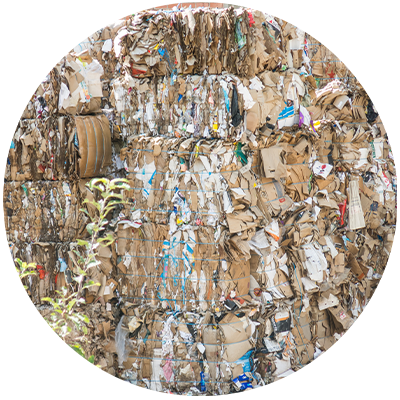
66,9%
was the recycling rate for paper in general, in 2019.
Brazil is among the main paper recycling countries in the world.
In 2018, 5.1 million tons returned to the production process.
The overall recycling rate for paper is 66.9% (2019). If we only consider packaging paper, this index is around 85%.
Source:
https://anap.org.br/
https://www.abpo.org.br/
https://www.abtcp.org.br
https://www.iba.org
Glass
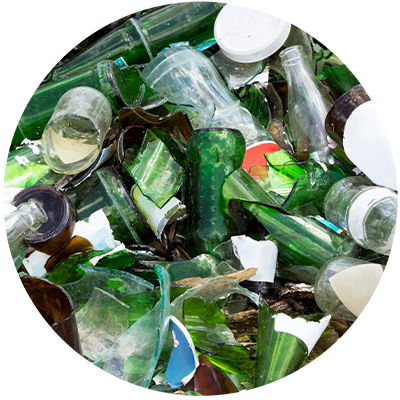
25,8%
It was the rate os glass recycling in 2018 that was published by Brazilian Glass Association – Abividro at Planares (National Plan for Solid Waste).
Source:
https://abividro.org.br/


